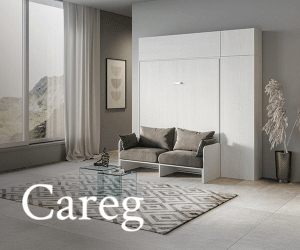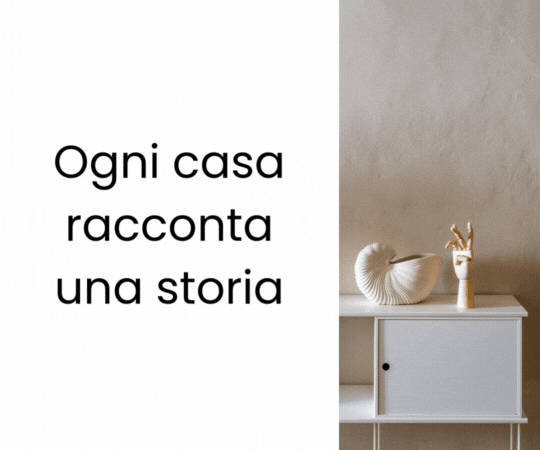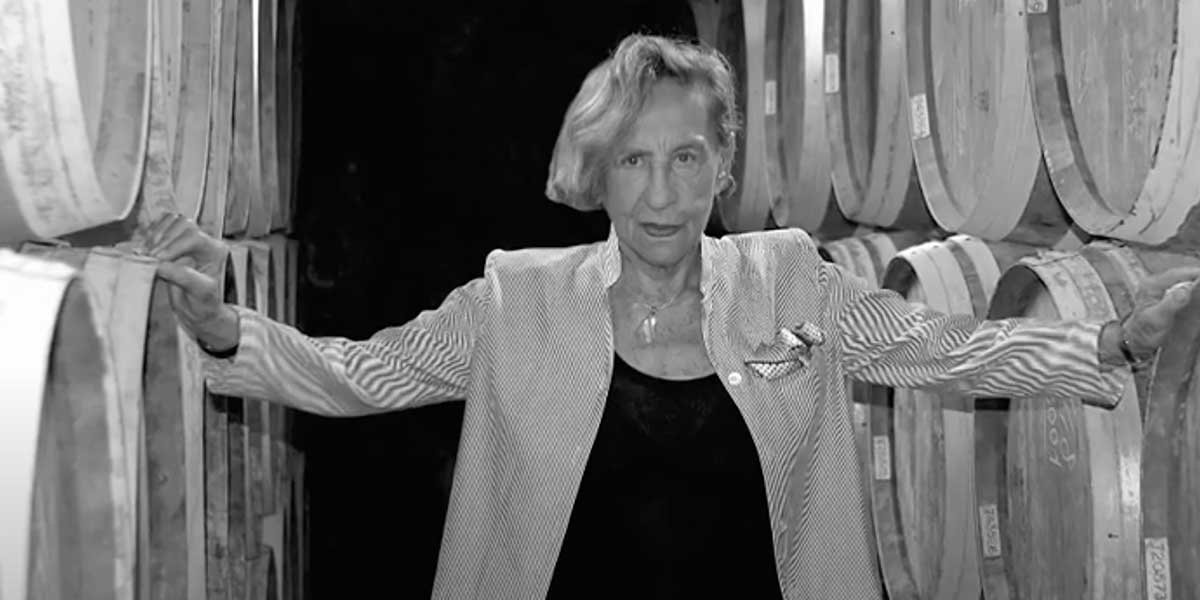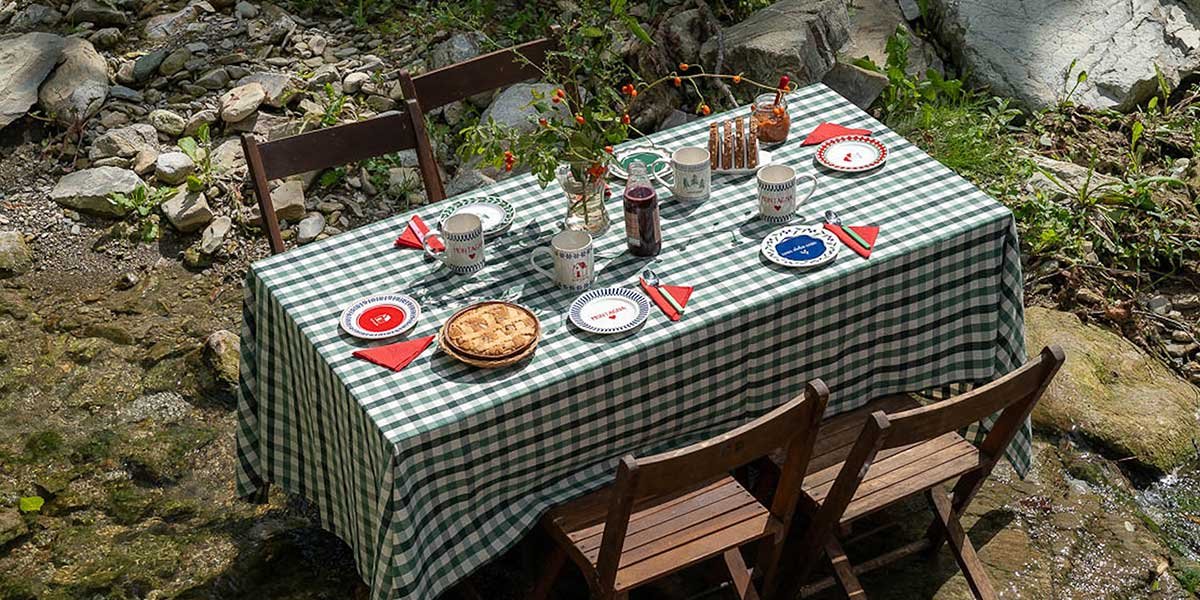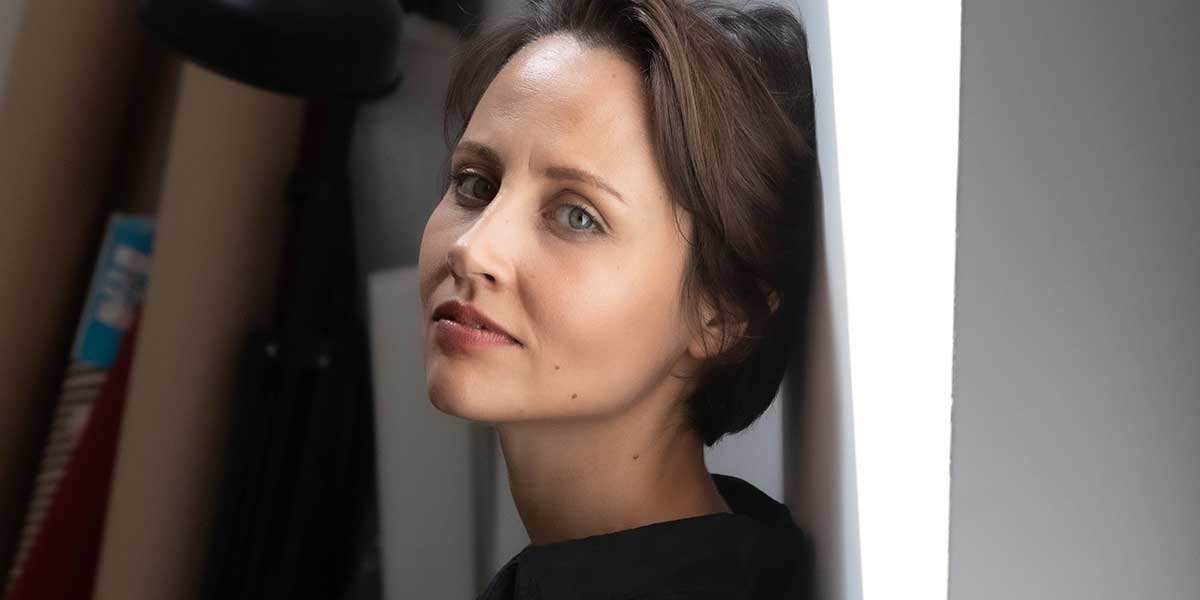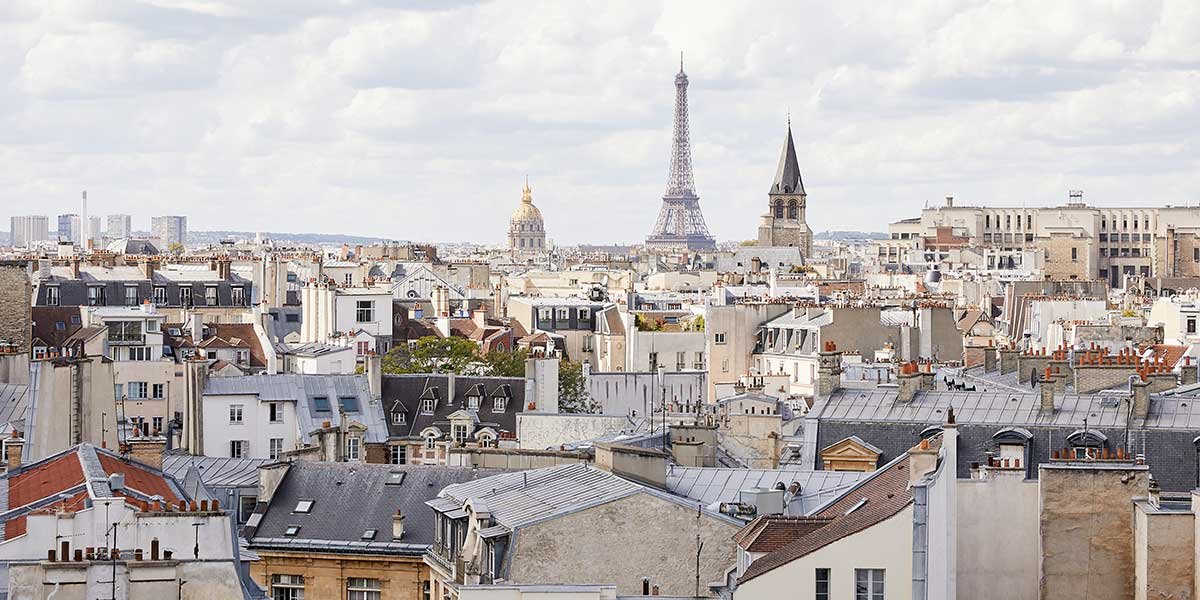On February 3, 1898, in the small Finnish village of Kuortane, Alvar Aalto (1898 – 1976) was born. Counted among the foremost architects of the 20th century, he also actively worked as a designer, and his creations played a crucial role in the development of modern Finnish and international design.
Aino and Alvar Aalto, 1940.

In the world of design, Alvar Aalto’s name is inseparably linked to the company he founded with his wife Aino Marsio in 1935. This is Artek, a brand that today boasts retail outlets worldwide and still remains a great source of Finnish pride in the design sector. Despite the brand having numerous collaborations with contemporary designers, the core of the collection still consists of the rich production that the Aaltos dedicated themselves to in the 1930s. The functionality, essentiality, and durability of their creations make their pieces still very relevant today.
The new Riihitie vase in blue and white variants.

Last year, on the occasion of the eightieth anniversary of its creation, Artek presented a new piece, designed by Aalto in 1937 but never put into production. This is the Riihitie vase, originally designed for the terrace of the Riihitie Road house, where the Aaltos lived and worked from 1934 onwards. It is a vase with an asymmetric shape, characterized by a wavy profile that recalls the irregular shape of Finnish lakes.
Interiors of the Viipuri Library (1927-35), © Alvar Aalto Museum.
In fact, Aalto had already begun to develop a particular interest in wavy shapes, experimenting with their possibilities with wood. An example of this is the ceiling of the Viipuri Library (1935), where the sinuous forms respond to specific acoustic requirements within the building. Aesthetic appreciation for curvilinear motifs led the architect to explore their possibilities in the field of design. Thus, the Savoy vase was born, the famous “cousin” of the “new” Riihitie vase, based precisely on a similar shape made in glass.
Left: Savoy Vase. Right: Riihitie vase. Design by Alvar Aalto, 1937.
The organic forms of Aalto’s design seek to combine functionality and emotional values, emphasizing in particular the connection with nature and seeking to match a feeling of warmth and intimacy with the fundamental requirements of design. Aalto opposed pure rationalism of the modern movement with a dualism where functionality is reconciled with a refined aesthetic search. A philosophy immortalized in his Artek brand, whose name still reflects the purest essence of Aalto’s design, namely a harmonious coexistence of Art and Technology.
In the cover image, Alvar Aalto collection vase by Iittala.





